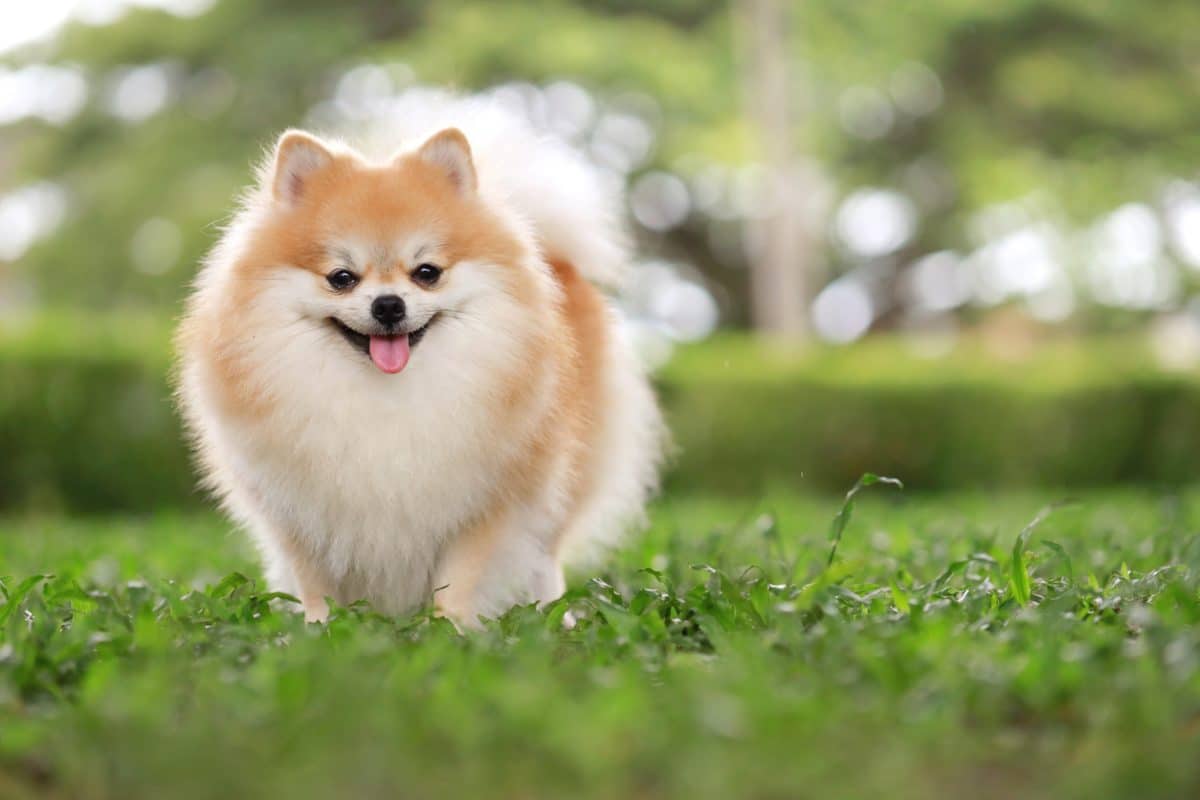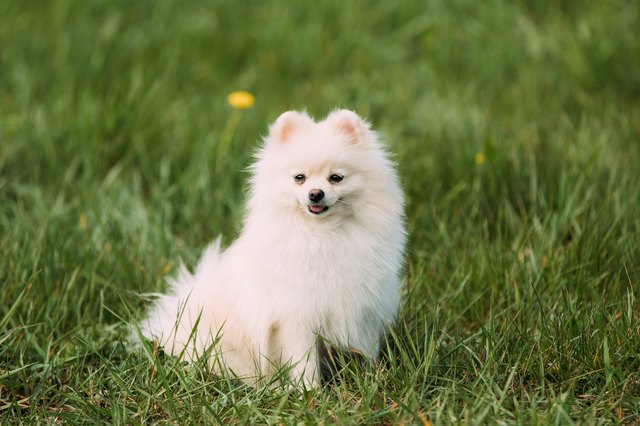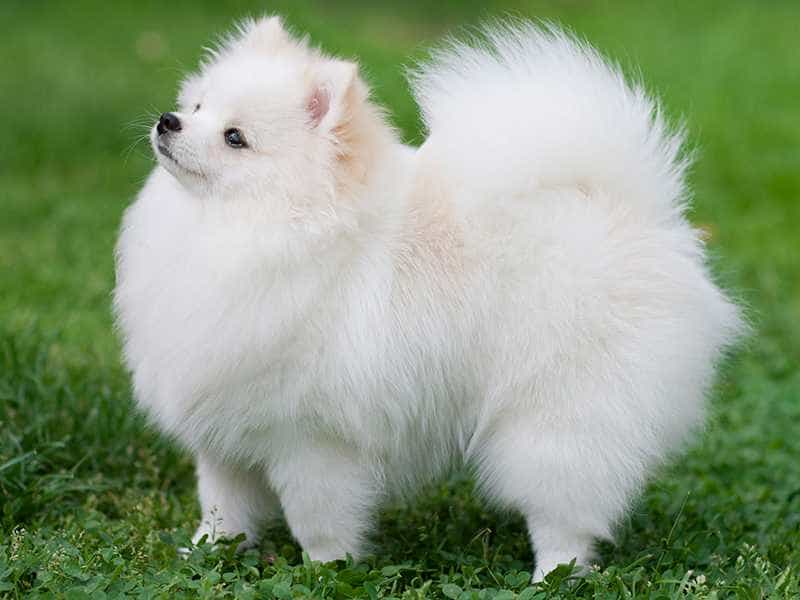The Pomeranian, often affectionately called “Pom,” is a small dog breed known for its fluffy coat, lively personality, and fox-like face. Despite their tiny stature, these dogs carry the attitude of a lion—confident, bold, and incredibly charming. If you’re thinking of bringing a Pomeranian into your home or already have one, it’s essential to understand how to care for them properly and recognize the most common health issues that may arise.
Understanding the Pomeranian Breed

Pomeranians belong to the Spitz family of dogs and originated from the Pomerania region in northern Europe. Weighing between 1.5 to 3.5 kg (3–7 pounds), these dogs are compact but full of energy. They are well-known for their thick double coat, alert expression, and spirited nature.
Poms are intelligent and highly trainable, but they also have an independent streak. Their small size makes them perfect for apartments, but their vocal nature means they might bark more than you’d expect from such a tiny dog.
Daily Care for a Pomeranian

1. Grooming
One of the most prominent features of the Pomeranian is its luxurious double coat. To keep it healthy and tangle-free, regular grooming is a must.
- Brushing: Brush your Pom at least 3–4 times a week to remove loose hairs and prevent matting. During shedding seasons (spring and fall), daily brushing may be necessary.
- Bathing: Bathe your dog every 3–4 weeks with a gentle dog shampoo.
- Trimming: Professional grooming every couple of months helps maintain a tidy appearance. Keep the fur around their paws, ears, and backside trimmed.
- Dental care: Brush their teeth several times a week, if not daily. Dental issues are very common in small breeds.
2. Nutrition
A healthy diet is crucial for your Pomeranian’s well-being.
- High-quality dog food: Choose a formula suited to small breeds with proper levels of protein, fats, and carbohydrates.
- Portion control: Due to their size, Poms don’t need large meals. Obesity can become a serious problem if they are overfed.
- Avoid human food: Chocolate, grapes, onions, and other common human foods can be toxic.
3. Exercise and Mental Stimulation
Although they are small, Pomeranians are energetic.
- Walks: Daily walks (15–30 minutes) and playtime are necessary to keep them fit and mentally sharp.
- Indoor play: Poms enjoy toys, puzzle games, and interaction with their owners.
- Training: Basic obedience training helps manage their strong-willed nature and curbs barking or aggressive behavior.
4. Environment and Safety
- Temperature sensitivity: Pomeranians can be sensitive to heat and cold due to their small body mass.
- Supervision: They can be fragile, so avoid rough play, especially with young children or larger pets.
- Secure surroundings: Always use a harness instead of a collar for walks to protect their delicate trachea.
Common Health Issues in Pomeranians
:quality(75))
Despite being relatively hardy, Pomeranians are predisposed to several health conditions. Early detection and regular vet checkups are essential.
1. Dental Disease
Dental problems are widespread among Pomeranians. Tartar buildup can lead to gum disease and tooth loss if not managed properly.
- Prevention: Daily tooth brushing and dental treats can help maintain oral health.
- Vet care: Professional cleaning may be required annually.
2. Collapsing Trachea
This is a condition where the windpipe becomes weakened and collapses, causing coughing and breathing issues.
- Symptoms: Honking cough, difficulty breathing, intolerance to exercise.
- Management: Use a harness, avoid overexcitement, and maintain a healthy weight.
3. Luxating Patella
This occurs when the kneecap slips out of place, which is common in toy breeds.
- Signs: Intermittent limping, “skipping” steps while walking.
- Treatment: Mild cases can be managed with physiotherapy; severe cases may require surgery.
4. Hypothyroidism
Poms are at risk of developing an underactive thyroid, leading to weight gain, lethargy, and skin problems.
- Diagnosis: Blood tests from your vet.
- Treatment: Daily hormone-replacement pills.
5. Alopecia X (“Black Skin Disease”)
This condition leads to hair loss and darkening of the skin.
- Causes: Still under research, but genetics, hormones, and early neutering are suspected contributors.
- Treatment: There’s no universal cure, but some cases improve with hormone therapy, melatonin supplements, or changes in diet.
6. Heart Disease
Older Pomeranians can develop heart issues such as heart murmurs or congestive heart failure.
- Warning signs: Persistent coughing, fatigue, loss of appetite.
- Regular checks: Annual heart examinations are recommended.
How to Ensure a Long, Healthy Life for Your Pom

- Veterinary care: Annual checkups and vaccinations are non-negotiable.
- Parasite prevention: Regular flea, tick, and worm treatments are essential.
- Insurance: Pet insurance can ease the financial burden in case of medical emergencies.
- Spaying/Neutering: Consult your vet about the right time, as early neutering may influence coat or hormonal conditions.
Final Thoughts
Pomeranians are a delightful blend of elegance, intelligence, and spunk. With proper care, they can live long, healthy lives—often up to 15 years or more. Understanding their needs, grooming requirements, and potential health issues will ensure that your Pom remains happy, active, and by your side for years to come.
Whether you’re a first-time owner or a seasoned dog lover, investing time in learning about this unique breed is the best gift you can give to your furry companion.
Related Articles
- How to Prepare Your Pet for International Travel
- Shipping Pets from Vietnam to Other Countries – What You Need to Know














